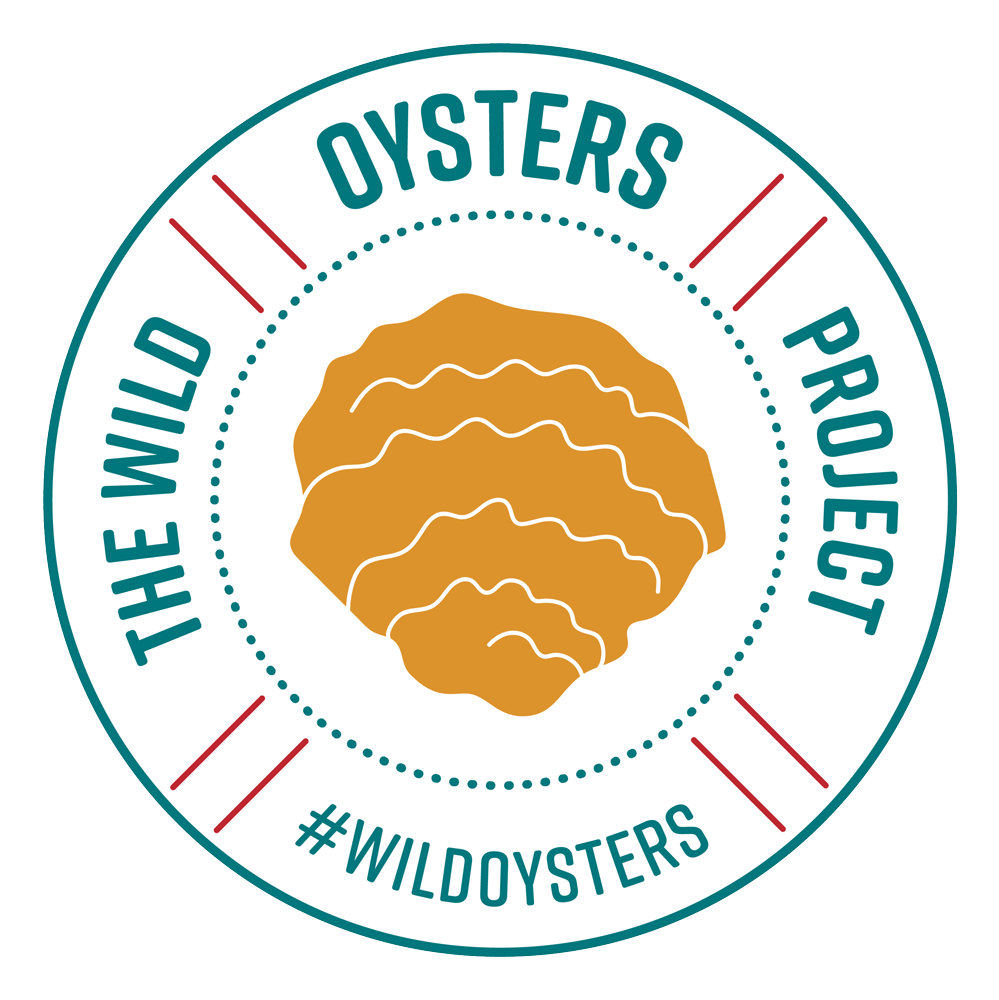The Wild Oysters Project is a collaboration between the Zoological Society of London (ZSL), Blue Marine Foundation (BLUE) and British Marine. We are working with local delivery partners, Groundwork North East & Cumbria, Bangor University and Clyde Porpoise CIC to deliver our restoration hubs across Britain.
Project partners
Zoological Society of London
ZSL (Zoological Society of London) is an international conservation charity working to create a world where wildlife thrives. From investigating health threats facing animals to helping people and wildlife live alongside each other, ZSL is committed to bringing wildlife back from the brink of extinction. Our work is realised through out ground-breaking science, we are working every day to achieve this, through our science, our field conservation around the world and engaging millions of people through our two Zoos, ZSL London and ZSL Whipsnade Zoos.
Blue Marine Foundation
Blue Marine Foundation (BLUE) is a charity dedicated to restoring the ocean to health by addressing overfishing, one of the world’s biggest environmental problems. BLUE is dedicated to creating marine reserves, restoring vital habitats and establishing models of sustainable fishing. BLUE’s mission is to see 30 per cent of the world’s ocean under effective protection by 2030.
British Marine
British Marine is the trade association for the leisure, superyacht and small commercial marine industry. We lead and promote our industry and work with our members to achieve sustainable growth in a competitive global marketplace. Our National Agenda is centred around 5 key pillars and underpins all work carried out. One of these pillars is the Environment and details our commitment to promote the sustainable operation and development of the marine industry, assisting members as well as their customers with minimising impacts on the environment. British Marine is also the organisers of the annual Southampton International Boat Show.
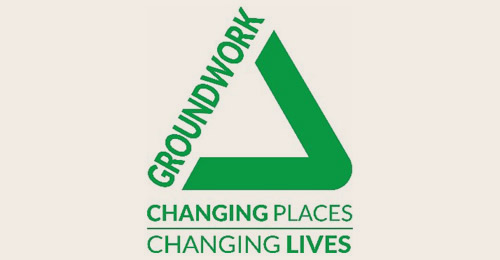
Groundwork North East & Cumbria
Groundwork North East & Cumbria is an environmental charity with the mission of inspiring people and delivering positive sustainable change in places of need across the region, ultimately changing places and changing lives. Groundwork North East & Cumbria work to help communities find practical, sustainable solutions to the challenges they face, by providing training, creating jobs, reducing energy and waste, and reconnecting people with nature.
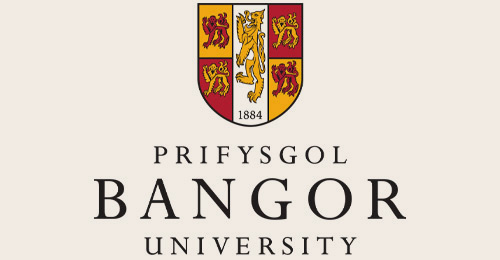
Bangor University
Bangor University was founded in 1884, today it is a thriving, forward-looking institution offering excellent opportunities. Around 10,000 students currently study with us and our teaching and research is grouped into fourteen academic Schools.
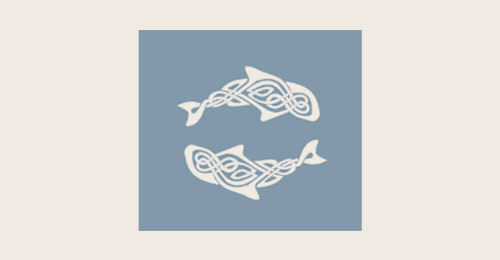
Clyde Porpoise CIC
Clyde Porpoise CIC is a not-for-profit community interest company, focused on the research and conservation of marine species in the Clyde and surrounding seas. Clyde Porpoise CIC is engaged in marine stewardship and environmental monitoring.
Project funding & sponsors
The Wild Oysters Project is funded by the players of the People’s Postcode Lottery and awarded as part of the Dream Fund.
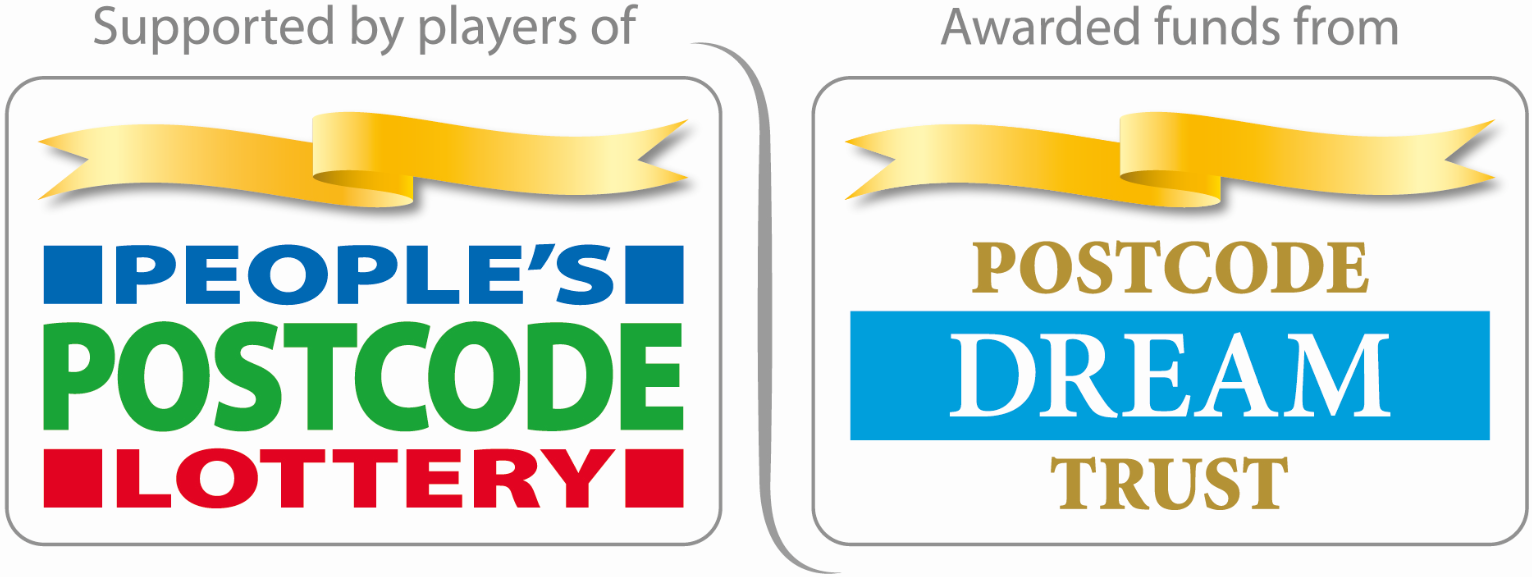
Postcode Dream Trust
Postcode Dream Trust is a grant-giving body funded entirely by players of People’s Postcode Lottery that supports charities who wish to deliver highly innovative, impactful and engaging projects across Britain and further afield. Postcode Dream Trust operates its own society lottery and receives all of its funding from the players of People’s Postcode Lottery. The Dream Fund gives organisations the chance to deliver the project they have always dreamed of, but never had the opportunity to bring to life.
Where it began
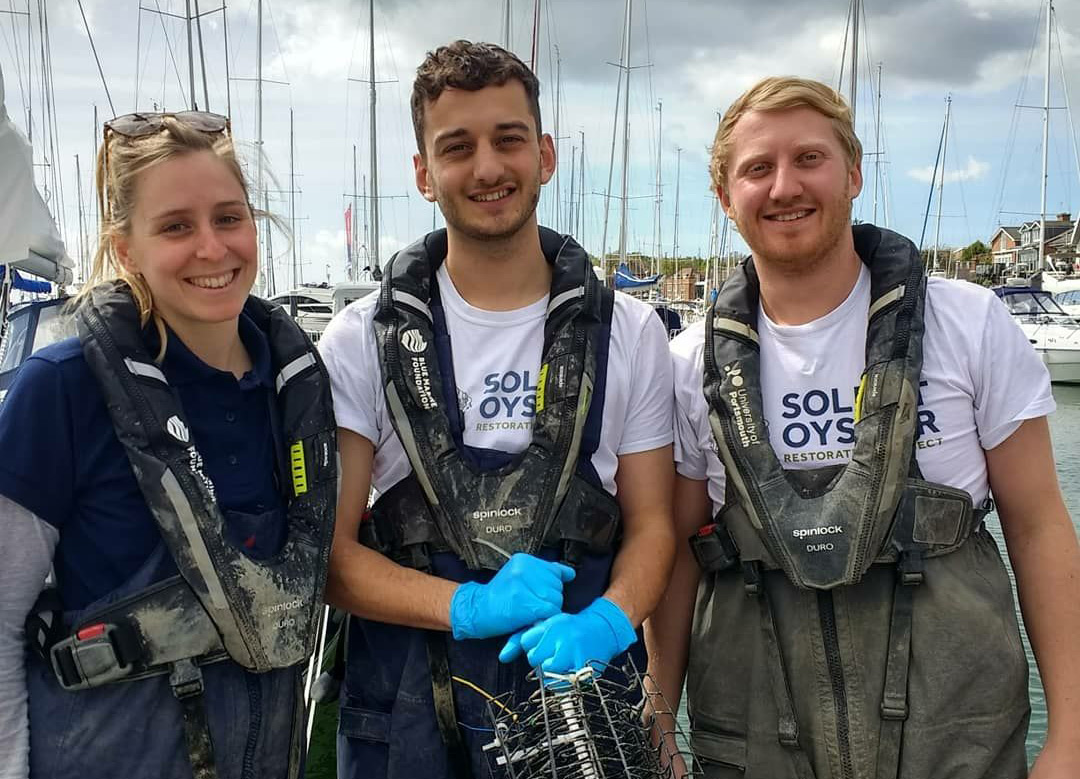
The oyster nurseries build upon the pioneering work carried out by Blue Marine Foundation (BLUE) and the University of Portsmouth in the Solent over the past six years. The collapse of native oyster numbers in the Solent was partially driven by a lack of breeding success from mature native oysters. To tackle this, BLUE and the University of Portsmouth came up with an innovative solution to restore the Solent’s dwindling native oyster populations and, in turn, increase biodiversity.
Taking inspiration from oyster gardening schemes in the USA, the project uses marina pontoons to house adult “broodstock” oysters, allowing them to spawn and naturally settle on the seabed. The oyster nursery network stretches from Lymington to Chichester and has housed over 20,000 oysters.
Once in place, the oyster nurseries are a home to a diverse range of marine life. To date, over 124 species have been using the nurseries for food, refuge or as a permanent home. The nursey system provides the perfect opportunity to change the “out of sight, out of mind” attitude and show off the abundance of marine life that is hidden beneath the surface of urban waters to a range of audiences. The project now caters to school children, volunteers and local community groups who can all get involved in the project and learn about the importance of native oysters.
You can find out more about BLUE’s work in the Solent here.
